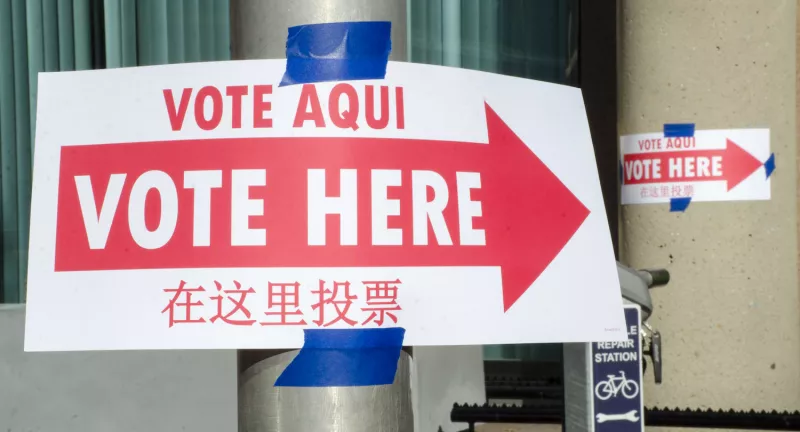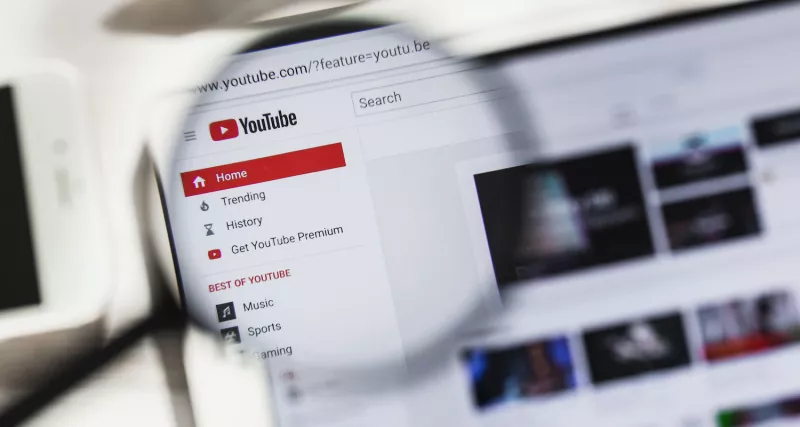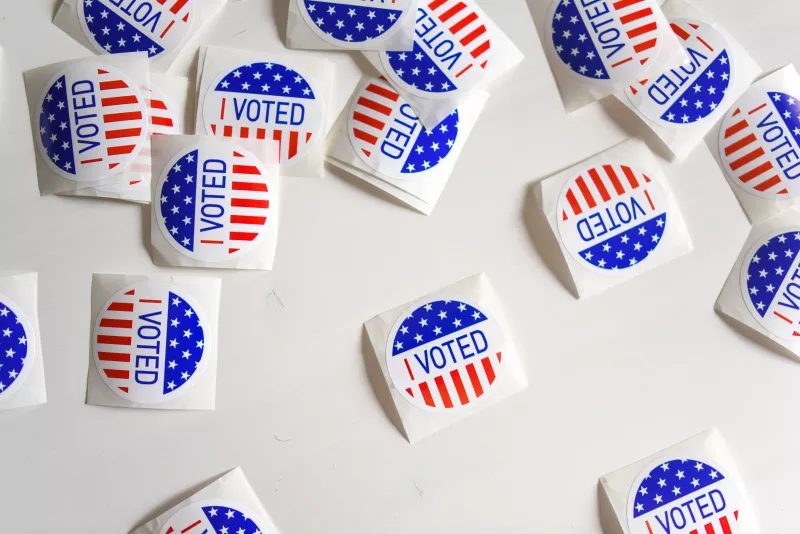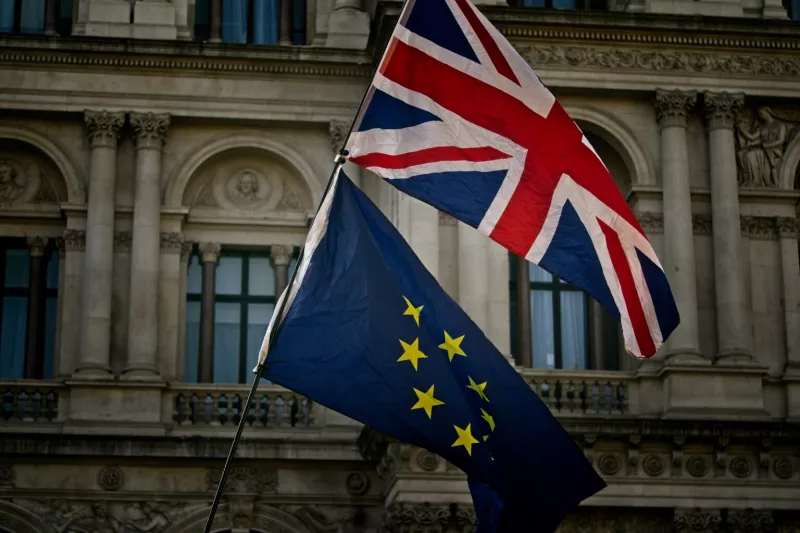Reports & Analysis
CSMAP produces rigorous, data-driven reports and analyses on policy relevant topics.
Search or Filter
-
Analysis
Who Has a Policy that Would Benefit You? More Voters Say Trump.
National survey data from the 2016, 2020, and 2024 elections shed light on how candidates' campaign strategies impact voter policy recall.
November 2, 2024
-
Analysis
Reducing Exposure To Misinformation: Evidence from WhatsApp in Brazil
Deactivating multimedia on WhatsApp in Brazil consistently reduced exposure to online misinformation during the pre-election weeks in 2022, but did not impact whether false news was believed, or reduce polarization.
August 16, 2024
-
Analysis
How Americans’ Confidence in Technology Firms has Dropped
Results from the American Institutional Confidence poll's second wave show that the public's confidence in technology, and tech companies, has markedly decreased over the past five years.
June 14, 2023
-
Analysis
Latinos Who Use Spanish-Language Social Media Get More Misinformation
That could affect their votes — and their safety from covid-19.
November 8, 2022
-
Analysis
Echo Chambers, Rabbit Holes, and Ideological Bias: How YouTube Recommends Content to Real Users
We find that YouTube’s recommendation algorithm does not lead the vast majority of users down extremist rabbit holes, although it does push users into increasingly narrow ideological ranges of content in what we might call evidence of a (very) mild ideological echo chamber.
October 13, 2022
-
Analysis
Republicans Are Increasingly Sharing Misinformation
Republican candidates have dramatically increased how much they share from unreliable sources in just two years.
August 29, 2022
-
Analysis
Gender-Based Online Violence Spikes After Prominent Media Attacks
Our research finds that after a prominent male media personality targets a female journalist, the prevalence of hateful speech targeting those journalists increases in the immediate aftermath, often taking days to decrease.
January 26, 2022
-
Analysis
Twitter Banned Marjorie Taylor Greene. That May Not Hurt Her Much.
She’s gaining followers and ‘likes’ on other social media platforms, our research finds.
January 14, 2022
-
Analysis
Trendless Fluctuation? How Twitter’s Ethiopia Interventions May (Not) Have Worked
Twitter’s decision to deactivate trending topics in Ethiopia did not reduce the volume or toxicity of tweets about the civil war.
January 11, 2022
-
Analysis
Twitter Amplifies Conservative Politicians. Is it Because Users Mock Them?
Our research suggests conservative politicians are ‘ratioed’ more often, which may explain why they’re in your timeline.
October 27, 2021
-
Analysis
Which Republicans Are Most Likely to Think the Election Was Stolen?
Those who dislike Democrats and don’t mind white nationalists. That includes plenty of Republicans with college educations.
January 19, 2021
-
Analysis
Is Social Media to Blame for Violence at the U.S. Capitol?
This explains how social media can both weaken — and strengthen — democracy. Groups opposed to fundamental tenets of liberal democracy also have found their megaphone.
January 7, 2021
-
Analysis
Do Twitter Warning Labels Work?
Twitter put warning labels on hundreds of thousands of tweets. Without a hard block, tweets continue to spread — especially tweets by President Trump.
December 9, 2020
-
Analysis
How Trump Impacts Harmful Twitter Speech: A Case Study in Three Tweets
We examined three recent tweets from the president and found that harmful speech on Twitter spiked in their immediate aftermath, but soon returned to baseline.
October 22, 2020
-
Analysis
Are Influence Campaigns Trolling Your Social Media Feeds?
Now, there are ways to find out. New data shows that machine learning can identify content created by online political influence operations.
October 13, 2020
-
Analysis
How Russian Trolls Are Adapting Cold War Propaganda Techniques
A new study shows how states are adapting classic propaganda tactics to social media, and why policymakers must consider how information spreads across platforms to protect voters from these covert campaigns.
May 15, 2020
-
Analysis
It’s Not Easy for Ordinary Citizens to Identify Fake News
In 2020, even small amounts of fake news about the coronavirus can have dire consequences. Unfortunately, it seems quite difficult for people to identify false or misleading news.
April 7, 2020
-
Analysis
Shut Down Social Media If You Don’t Like Terrorism?
In the aftermath of a violent terrorist attack in Sri Lanka, the government shut down access to social media sites, with widespread implications.
April 23, 2019
-
Analysis
Who Was Most Likely to Share Fake News in 2016? Seniors.
In general, people don't tend to share a lot of links to fake news websites, but those that do are more likely to be older and more politically conservative.
January 9, 2019
-
Analysis
What’s the Strategy of Russia’s Internet Trolls? We Analyzed Their Tweets to Find Out.
We find that IRA-operated Twitter accounts shared less junk news than one might have expected — relying instead on local news sources.
November 19, 2018
-
Analysis
Could Anything – Even Taylor Swift – Boost the Youth Vote in 2018?
Last week, Taylor Swift endorsed two candidates on Instagram, speaking to a group that could use encouragement: young people, who often fail to vote in midterm elections.
October 18, 2018
-
Analysis
Why Don't Trump Voters Feel Betrayed? Because They're Getting What They Wanted.
Our research suggests it might be because Trump is delivering the traditional conservative policies that large shares of his voters wanted all along.
February 1, 2018
-
Analysis
Here’s What 29 Million Tweets Can Teach Us About Brexit
Britain’s vote to leave the European Union caused a dramatic surge in Brexit-related tweets. Our analysis of millions of them provides key insights into the success of the “leave” campaign, the surprising dominance of economic issues in the online debate, and the referendum’s increasingly global audience.
July 20, 2016
-
Analysis
Egyptian Elections on Twitter, Far More Interesting Than Egyptian Elections
The meager voter turnout at Egypt's first parliamentary elections since 2012 has been chalked up to apathy and frustration among Egyptian citizens, but an analysis of 500,000 tweets indicates that citizens’ distrust, exclusion and alienation from Egyptian politics is to blame.
December 4, 2015
-
Analysis
This is What Twitter Can Teach Us About John Kasich’s (And Everyone Else’s!) Debate Performance
Did John Kasich’s “grown up” strategy work? Could moderate Republicans be warming to Rand Paul? To answer these questions and more, we analyze 426,717 tweets from the fourth Republican debate.
November 12, 2015
- 1
- 2
























